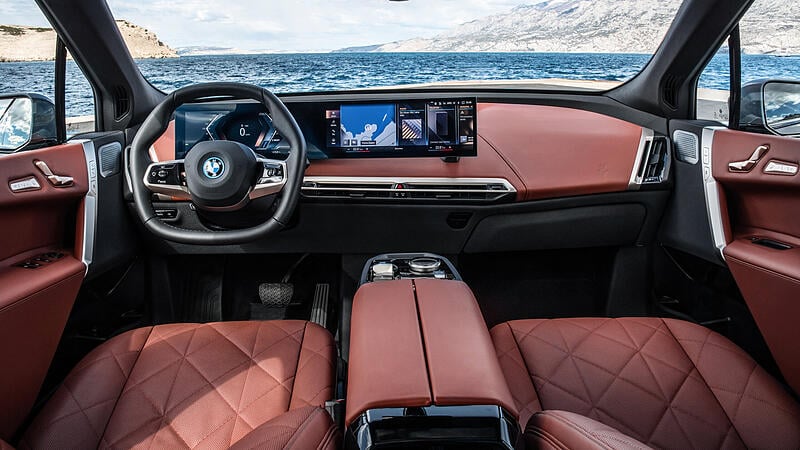By December 2023, they want to increase the number to two million battery and plug-in cars sold. BMW relied on electric cars relatively early on; the battery-powered i3 has been available for sale since 2013.
Looking at all vehicles, however, the carmaker sold slightly fewer cars in November than in the same period of the previous year due to the semiconductor shortage, as Nota said. For the first eleven months, however, BMW was clearly in the black and this year also won the top position in the premium segment of Mercedes-Benz worldwide for the core brand. Nota did not name specific sales figures.
According to Nota, the sales mix for electrified vehicles is currently around 30 percent fully electric cars and 70 percent with a plug-in hybrid drive. The recently launched fully electric i4 and iX models recorded a high level of incoming orders. Above all, the i4, as a sporty electric car, is intended to attack models from US competitor Tesla. The i4 has a significant five-digit number of orders in Europe, the SUV model iX is also going in the same direction.
BMW is currently coping relatively well with the shortage of semiconductors and was able to more than make up for the decline in sales in the third quarter with higher prices. Without a semiconductor shortage, BMW would have been able to sell a higher five-digit number of cars this year, Nota estimated.
In the case of fully electric cars, BMW is planning to double sales this year compared to the previous year, and such an increase should be achieved again in 2022. In 2025, the company plans to have sold two million cars with all-electric vehicles as well.
Source: Nachrichten




